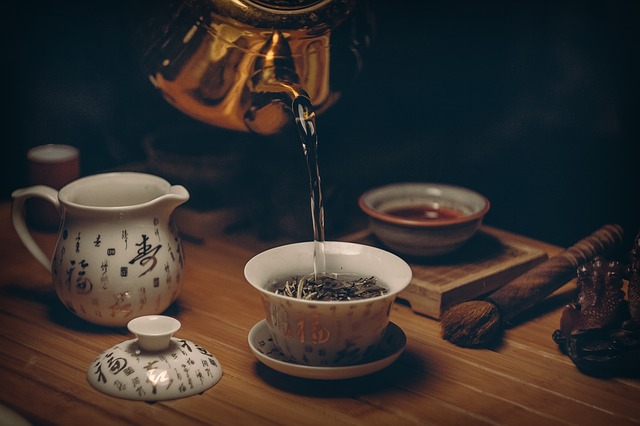 Caffeine is often considered to be an anxiogenic compound. In other words, caffeine is thought to be responsible for generating feelings of anxiety in individuals. One of the strategies often suggested to be useful in the treatment of anxiety is the avoidance of caffeine. However, the picture is more complicated than this and there is some evidence that suggests that caffeine can actually be anxiolytic, or useful in the treatment of anxiety. Caffeine certainly affects mental alertness, and in this regard can increase congnitive function, and may be able to enhance mood. The problem with caffeine comes when intake is curtailed, as the withdrawal of caffeine can cause anxiogenic effects. These effects are particularly pronounced in those that suffer from underlying anxiety and who are regular caffeine consumers. Therefore the real story about caffeine may well be that it provides mood elevating effects, and the belief that it causes anxiety may stem from the feelings that arise when caffeine cessation occurs.
Caffeine is often considered to be an anxiogenic compound. In other words, caffeine is thought to be responsible for generating feelings of anxiety in individuals. One of the strategies often suggested to be useful in the treatment of anxiety is the avoidance of caffeine. However, the picture is more complicated than this and there is some evidence that suggests that caffeine can actually be anxiolytic, or useful in the treatment of anxiety. Caffeine certainly affects mental alertness, and in this regard can increase congnitive function, and may be able to enhance mood. The problem with caffeine comes when intake is curtailed, as the withdrawal of caffeine can cause anxiogenic effects. These effects are particularly pronounced in those that suffer from underlying anxiety and who are regular caffeine consumers. Therefore the real story about caffeine may well be that it provides mood elevating effects, and the belief that it causes anxiety may stem from the feelings that arise when caffeine cessation occurs.

Caffeine is present in tea, and yet tea is associated with calmness and relaxation. The simple picture that caffeine produces anxiety is therefore not correct, and the interaction of caffeine with the central nervous system and other chemicals in food is much more complex than this. Coffee has also been shown to have mood elevating and anxiolytic effects.
Eat Well, Stay Healthy, Protect Yourself
RdB
